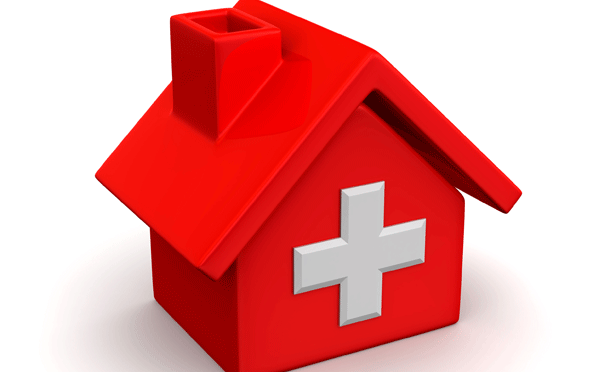(This story, in slightly different form, originally appeared in Incisive Media's Daily Business Review.)
MIAMI-As real estate prices trickle downward during the recession, private universities in South Florida are seizing opportunities to make acquisitions and expand their campus footprints. Some colleges have recently purchased properties at favorable rates to add student housing, while other private schools have capitalized on cheaper construction materials and labor to complete several developments and begin work on other projects.
The recent deals and projects come at a time when universities across the country are laying off staff and cutting budgets. The value of university endowments fell about 23% between July and November 2008, according to a study by TIAA-CREF and the Commonfund Institute.
But some of South Florida's private universities, which command expensive tuitions, are seeing enough of an uptick in enrollment and interest from prospective students to absorb declines in endowment values. They have maintained a financial position that allows the universities to make opportunistic real estate acquisitions.
Others, such as Barry University in Miami Shores, have strong enough relationships with financial institutions to get real estate purchases completely financed. This creates opportunities for distressed owners with property near universities who are in a position to expand, says Steven Hurwitz, senior vice president of Continental Real Estate Companies in Coral Gables.
"At the same time landowners are looking to sell properties, you have universities, which are generally doing well, that can benefit from that environment," Hurwitz says. "We are seeing an increased demand for secondary education from people experiencing a difficult job market."
Barry made the biggest real estate splash by a private university in the region since the economic meltdown intensified last fall, buying a 57-unit rental apartment complex near campus for $4.6 million in February. Seller Holly House LLC, a development company that had planned to convert the complex into condominiums, paid $4.4 million for the 1.5-acre property in April 2007.
While Barry officials always are on the lookout for available properties near the main campus, which has an enrollment of about 5,000 students, Holly House initiated the deal for the North Miami complex, says Bruce Edwards, the university's vice president of business and finance. The collapse of the condo conversion market killed the project.
The university has sought to add to its student housing stock, which is currently at about 1,100 beds, and transition from a primarily commuter school to a more diverse campus population, Edwards says. The downturn "certainly did influence their thinking and allowed us to get the property at less of a cost than we would have otherwise," he says. "I don't anticipate they thought they would turn the property around for that little of a profit, or even a slight loss."
Unlike most real estate buyers in today's market, Barry secured 118% financing for the apartment complex from Bank of America. The bank loaned Barry $5.2 million, with the additional $800,000 to be used to replace the roofs of the complex, according to Edwards. The complex was originally built in 1968.
The reliability of private universities as borrowers and a long-standing relationship with Bank of America allowed Barry to obtain the substantial loan for the purchase, Edwards says. "We have had operating accounts and been partners with Bank of America for quite some time," he says. "The bank helped us with our most recent bond issuance in 2007. They saw the loan as an advantageous opportunity for them and us as a good credit risk.
"I still think [universities as borrowers] are looked at on an institution by institution basis," Edwards adds. "But certainly the demand for higher education is not going away. Banks see student housing as not a great risk. With 2,800 undergraduate students, I don't see a problem filling the units."
Another private school that will likely be looking for multifamily properties is West Palm Beach-based Palm Beach Atlantic University. A 2.5-acre property used by university students as rental apartments was put on the market by First Baptist Church, which needs to pay off debt and build a new parking garage, according to the Palm Beach Post.
Like Barry, the University of Miami is always looking at potential acquisitions, but officials have not changed their approach because of the economic downturn, says Joe Natoli chief financial officer and senior vice president for business and finance at UM. Interest in buying property from UM is high because of reduced real estate values.
"We continue to look for opportunities to buy land around the Coral Gables campus and [Jackson] medical school," Natoli says. "Given the uncertainty in the economy, lots of folks are calling with different proposals, but we have not sold any assets recently and have no plans to do so."
Want to continue reading?
Become a Free ALM Digital Reader.
Once you are an ALM Digital Member, you’ll receive:
- Breaking commercial real estate news and analysis, on-site and via our newsletters and custom alerts
- Educational webcasts, white papers, and ebooks from industry thought leaders
- Critical coverage of the property casualty insurance and financial advisory markets on our other ALM sites, PropertyCasualty360 and ThinkAdvisor
Already have an account? Sign In Now
*May exclude premium content© 2024 ALM Global, LLC, All Rights Reserved. Request academic re-use from www.copyright.com. All other uses, submit a request to [email protected]. For more information visit Asset & Logo Licensing.








